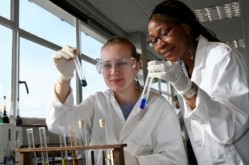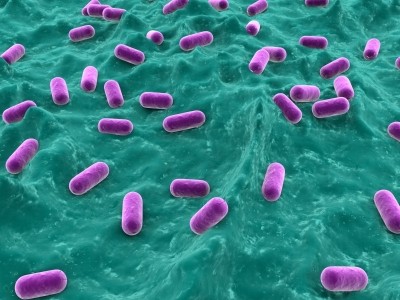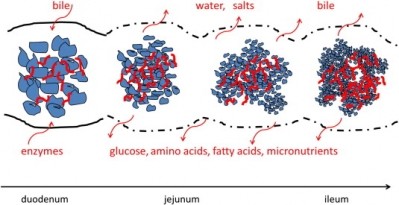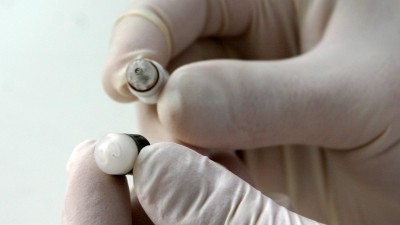Isolated growth could boost microbial production efficiency, say researchers

Writing in PNAS, the researchers find that microbial cells are more efficient and produce increasingly more offspring when they are grown in isolation using a novel technique.
Led by scientists from NIZO Food Research and VU University Amsterdam, the researchers noted that for most industrial and laboratory purposes, microbial cells are cultured in a liquid growth medium that contains substrates such as glucose.
Using these growth medium, industry and researchers generally select for fast but inefficient growth rates or for slow and efficient growth, said the research team – led by Dr Herwig Bachmann of NIZO.
In both of these cases direct cell-to-cell competition for substrates in the growth medium results in inefficient microbial growth, note the researchers. However, theory predicts that if cells are grown in individual compartments and they do not compete with each other for growth substrates, more efficient cells can evolve, leading to more offspring and a higher cell density for the whole cell population.
The Dutch team together with researchers from the UK have now developed a novel emulsion-based cell culturing technique that has tested and validated this theory.
"These results not only verify theoretical predictions, they also allow us to increase efficiency of biotechnological processes through the production of more cells per unit of growth substrate,"
said Bachmann.
Hendrik Prinz of NIZO added that the technique could be useful for many industrial applications, including the production of starter cultures, or for the growth of microbes that are used as ‘cell factories’ for the production of ingredients such as enzymes, yeasts and other food grade ingredients.
“For many industrially used organisms, increased efficiency comes with decreased production of unwanted side products,” added Bachmann. “This technology can help to reduce cost of downstream processing."
Isolated by emulsion
The researcher team produced and emulsion - in which millions of tiny water droplets are stabilized in an oil phase.
Single microbial cells were then isolated in individual droplets, thereby privatizing the amount of growth substrate for a single cell, which was used to found a population without competition from a neighbouring cell.
Bachmann and his team explained that growth in the emulsion system selects for cells that grow slower and more efficiently, and reach a higher cell density.








